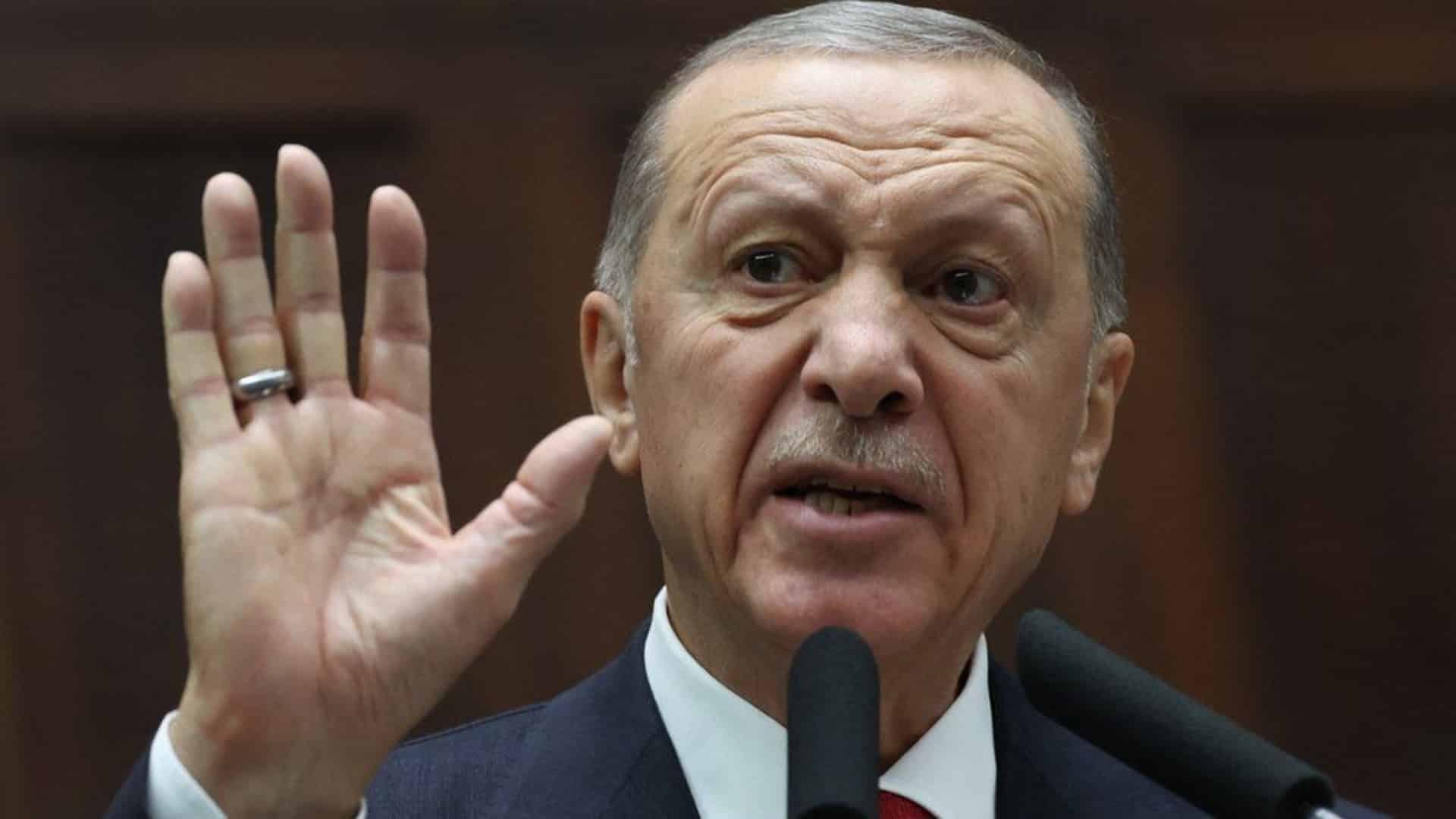The visit by Turkish President Recep Tayyip Erdogan to Berlin on Friday has stirred controversy, as he labeled Israel a "terror state" in the wake of escalating tensions stemming from the conflict between Israel and Gaza-rulers Hamas. Erdogan's inflammatory remarks have further strained diplomatic relations, adding fuel to the already fiery discourse surrounding the Israeli military campaign against Hamas.
The Turkish leader's critique of Israel comes in the aftermath of a harrowing attack by Hamas on October 7, prompting a forceful response from Israel. The Israeli government asserts that the attack resulted in the deaths of approximately 1,200 people, with a majority being civilians. Chancellor Olaf Scholz, in a counter move, expressed Germany's unwavering support for Israel, visiting the nation to solidify the commitment.
In contrast, Erdogan has opted for a different stance, staunchly defending Hamas as "liberators" fighting for their land. This divergence in perspective intensifies the already complex dynamics surrounding the Israel-Gaza conflict. Erdogan's controversial rhetoric has put German leaders in a delicate position during his visit, as they navigate discussions that are not only politically charged but also carry implications for the broader geopolitical landscape.
As Erdogan meets with German leaders, the diplomatic tightrope becomes increasingly precarious, highlighting the challenges of fostering dialogue amid starkly differing viewpoints on the Israeli-Palestinian conflict. The Turkish president's visit to Berlin serves as a vivid example of the intricate dance of diplomacy, where the delicate balancing act between alliances and differing perspectives takes center stage.




















